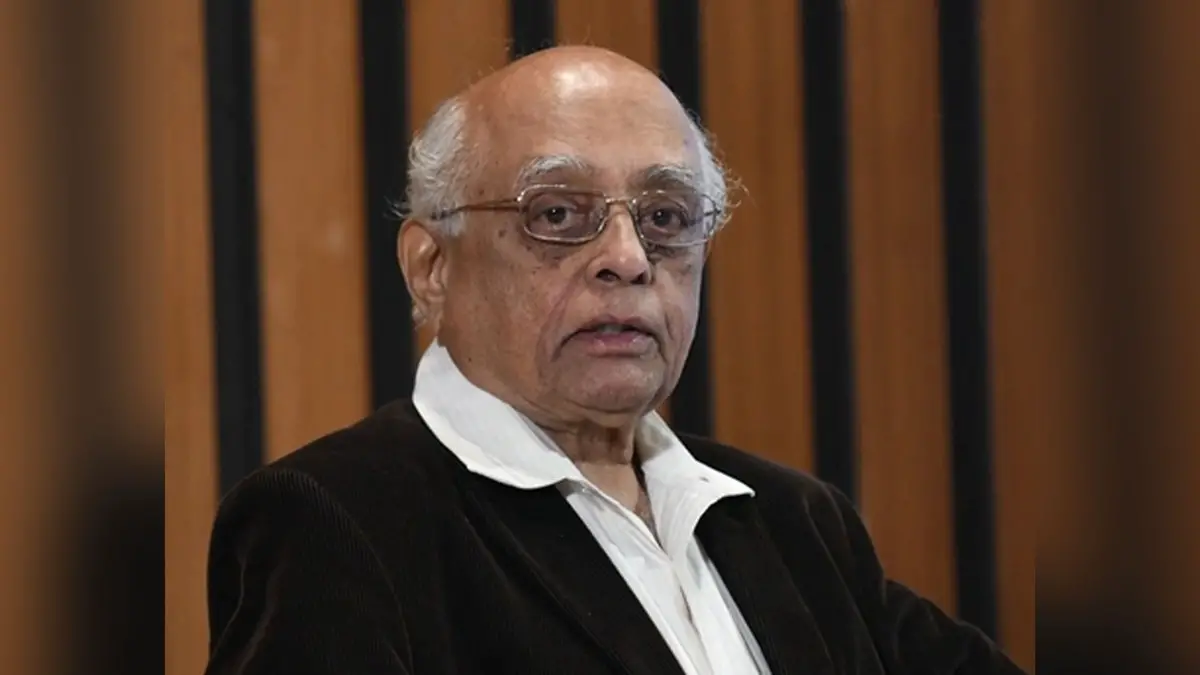India’s experienced scientist Dr. Rajagopala Chidambaram died on Saturday at the age of 88. He breathed his last at 3.20 am at Jaslok Hospital in Mumbai. An official of the Department of Atomic Energy said that Rajagopala Chidambaram had played an important role in the nuclear tests of 1975 and 1998. He was also associated with India’s nuclear weapons program.
Rajagopala Chidambaram was the Chairman of the Nuclear Energy Commission and Principal Scientific Advisor to the Government of India. He was awarded Padma Shri in 1975 and Padma Vibhushan in 1999. Dr. R Chidambaram coordinated the nuclear test preparations for Pokhran-I (1975) and Pokhran-II (1998). He also served as the Director of Bhabha Atomic Research Center (BARC).
Also read: India and Pakistan handed over the list of nuclear installations to each other, know why this process is done
R Chidambaram made important contribution to India’s security and energy security. He was Chairman of the Board of Governors of the International Atomic Energy Agency (IAEA) during 1994–95. He was also a member of the Commission of Eminent Persons appointed by the Director General, IAEA, to prepare a report on ‘The Role of the IAEA in 2020 and Beyond’ in 2008. Throughout his career, Chidambaram played a key role in developing India’s nuclear weapons.
Also read: …the story of that night when Manmohan Singh finalized the nuclear deal with America by putting the government at stake.
He was part of the team that conducted India’s first nuclear test (Smiling Buddha) at the Pokhran Test Range in 1974. He gained international fame for leading and representing the Department of Atomic Energy (DAE) team leading preparations for the second nuclear test in May 1998. He was part of APJ Abdul Kalam’s team during India’s second nuclear test at the Pokhran range in 1998 during the Atal Bihari Vajpayee government.
